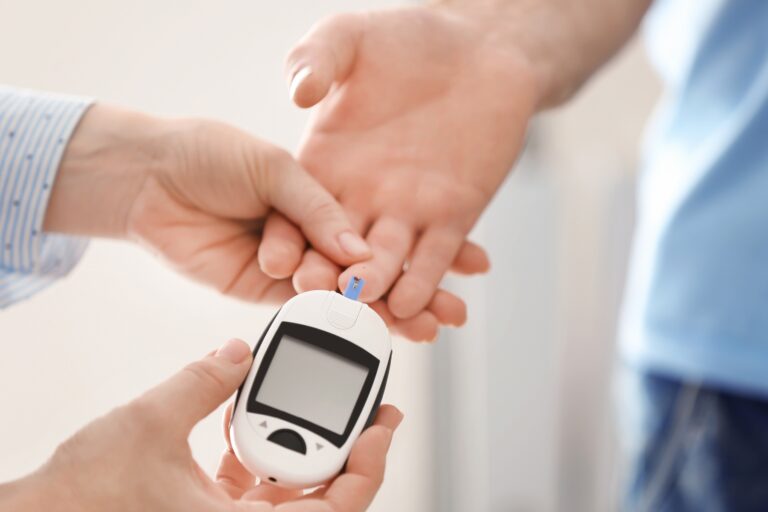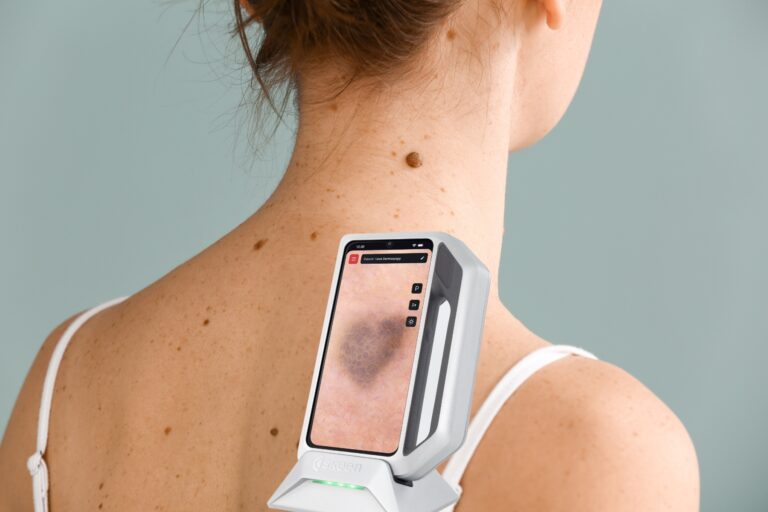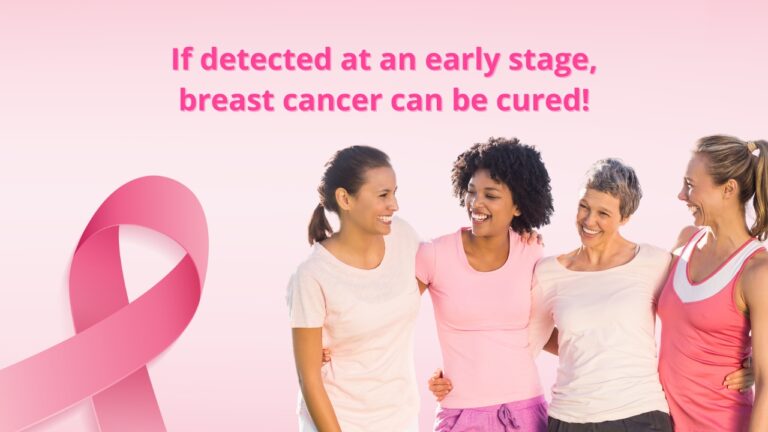Beat the heat: Identify how high temperatures impact your health.
Recent summers have seen a rise in extremely hot, sunny days. In July 2024, daily temperature records in Hungary were broken again. The daytime temperature has risen even up to 41.5°C at the southern border of Hungary (in the village of Kelebia), and the nights did not bring significant relief either, with the warmest summer evening measured in Budapest at 26.9 degrees Celsius.
These heatwaves can lead to discomfort or poor health for many people, particularly older adults or babies who are at a higher risk. Be prepared and recognize the signs of heat-related illnesses so you can take swift action, helping you or a loved one to avoid adverse consequences.
What happens to your body if you are exposed to unusually high temperatures?
In normal conditions, the body cools itself by sweating. However, in extreme heat, the body’s temperature regulation system can be overtaxed. In high humidity, sweat doesn’t evaporate quickly enough, making it difficult for the body to release heat.
There are various factors that can limit the body’s ability to regulate temperature, including:
- age (older age or early childhood (between 0-4 years))
- obesity,
- fever,
- dehydration,
- heart disease,
- mental illness,
- poor circulation, sunburn, and the
- use of prescription medication or
- alcohol consumption.
If the body cannot cool down, it can cause symptoms like lightheadedness, dizziness, and sudden changes in body temperature. Rapid increases in body temperature may also cause damage to the brain or other vital organs. Read more about heat-related illnesses in detail below and get some essential tips for caring for someone who suffers from them.
The most common heat-related illnesses
Learn more about the common heat-related illnesses below
Heat Exhaustion
Heat exhaustion is a milder form of heat-related illness that can develop after several days of exposure to high temperatures and inadequate or unbalanced fluid replacement. Older people, those with high blood pressure, and those who work or exercise in a hot environment are most prone to heat exhaustion.
Look for these signs of heat exhaustion:
- Heavy sweating
- Paleness
- Muscle cramps
- Tiredness
- Weakness
- Dizziness
- Headache
- Nausea or vomiting
- Fainting
The skin may feel cool and moist. The pulse rate will be rapid and weak, and breathing will be fast and shallow. If heat exhaustion is left untreated, it may progress to heat stroke. Seek medical attention if symptoms worsen or last longer than one hour.
Heat Stroke (or Sunstroke)
Heat stroke (otherwise called sunstroke) is the most severe heat-related illness. It occurs when the body cannot control its temperature: the body temperature rises rapidly, the sweating mechanism fails, and the body cannot cool down. Heat stroke can cause death or permanent disability if quick emergency treatment is not provided.
Warning signs of heat stroke:
- An unusually high body temperature (above 39.5°C)
- Red, hot, and dry skin (no sweating)
- Rapid, strong pulse
- Throbbing headache
- Dizziness
- Nausea
- Confusion
- Unconsciousness
What should you do if you see any of these signs?
You may be dealing with a life-threatening emergency. Call the ambulance 911 for assistance and start to cool the victim as soon as possible:
- Get the person to a shady area.
- Start to cool the victim rapidly with water: Immerse in a tub of cool water, place in a cool shower or spray from a garden hose, sponge with cool water, or, if the humidity is low, wrap the victim in a cold, wet sheet and fan vigorously.
- Monitor the body temperature and continue cooling efforts until the body temperature drops to 38.3-39°C.
- When the person’s condition is stabilized, get urgent medical care.
Heat Cramps
Heat cramps are muscle pains or spasms – usually in the abdomen, arms, or legs – that may occur in association with strenuous activity. They are often accompanied by excessive sweating and a feeling of fatigue. People who sweat a lot during strenuous activity are prone to heat cramps. This sweating depletes the body’s salt and moisture. The low salt level in the muscles causes painful cramps. Heat cramps may also be a symptom of heat exhaustion. If you have heart problems or are on a low-sodium diet, seek medical attention for heat cramps.
If medical attention is not necessary, take the following steps:
- Stop all activities and sit quietly in a cool place.
- Drink clear water (mineral water), juice, or a sports beverage.
- Do not return to strenuous activity for a few hours after the cramps subside because further exertion may lead to heat exhaustion or heat stroke.
Seek medical attention for heat cramps if they do not subside in one hour.
Sunburn
In case of overexposure to sunlight, the skin’s temperature gets warmer, and it turns red and hurts. In severe sunburn, swelling and blisters can develop on the skin. The symptoms seem like the flu: feverish, chills, nausea, headache, and weakness. Later, the skin starts peeling and itching when it tries to eliminate sun-damaged cells.
How to relieve sunburn?
- Move away from sunshine until the sunburn heals.
- Treat the sunburned areas with cool clothes or cold water.
- Apply moisturizer lotion that contains aloe vera on sunburned areas.
- Allow the blisters to heal, and do not break them.
Have your skin checked by a dermatologist if you notice any unusual skin lesions. Regular skin checks can help in the early detection of skin cancer, which is crucial for effective treatment and recovery.
Heat Rash
Heat rash is a skin irritation caused by excessive sweating during hot, humid weather. It can occur at any age but is most common in young children. Heat rash looks like a red cluster of pimples or small blisters. It is more likely to occur on the neck and upper chest, in the groin, under the breasts, and in elbow creases.
The best treatment for heat rash is to provide a cooler, less humid environment. Keep the affected area dry and apply dusting powder to increase comfort.
How can heat-related illnesses be avoided in unusually high temperatures?
Remember to keep cool and use common sense:
- Drink plenty of fluid,
- replace salts and minerals,
- wear appropriate clothing and sunscreen,
- pace yourself,
- stay cool indoors, and
- schedule outdoor activities carefully.
Also, it is recommended that you use a buddy system, monitor individuals around you who are at risk, and adapt to the environment.
Remember, our English-speaking doctors are here to help if you or someone under your care suffers from the effects of extreme heat. You are not alone in this.




